Some of the questions we are asked by buyers purchasing homes on Oahu are about taxes. As mentioned previously, Hawaii Real Property Taxes are among the lowest in the entire United States. We love this about Hawaii! However, we do have other taxes, such as GET, which will impact homeowners.
Hawaii General Excise Tax (GET)
One of these taxes is the Hawaii General Excise Tax. This tax is assessed by each County, based upon the gross revenue received by a taxpayer. Many people confuse the Hawaii General Excise Tax with sales tax because it is generally tacked on to the price of goods and services purchased, like a sales tax. You will see GET on your check at a restaurant and on your receipt at a clothing store in the mall, just like a sales tax. There are some significant differences, however, and this is not a sales tax. Hawaii does not have a sales tax. But you should be aware, if you are self-employed, you will owe GET tax to the State of Hawaii, in addition to both state and federal income tax.
Differences Between Sales Tax and Hawaii GET
With a sales tax, the tax is assessed against a PURCHASER of goods and services at the time of purchase. Though, if the provider of the goods and services does not charge the purchaser the sales tax, for whatever reason, the provider may still be liable for this tax. With Hawaii GET, the tax is assessed against the PROVIDER of the goods and services, who is authorized by the State of Hawaii to pass the tax on to the purchaser. A provider is always responsible for the tax and it is paid later, to the State. Importantly, it is assessed upon gross receipts, without taking into account costs or expenses, and whether there is any profit at all from the transaction. GET is assessed also regardless of whether it is passed on to the purchaser. The consolation, if any, is that there is no sales tax in Hawaii and GET on Oahu and the other islands is much lower than most sales taxes assessed on the mainland.
What is Oahu GET?
For 2022, the Hawaii GET is 4%. There is also a Honolulu County (Oahu) surcharge of 0.5%, for a total of 4.5% GET. Consumers will see this passed on as a tax of 4.712% on their bills for goods and services, because GET is actually owed on the tax collected. Yes, there is GET on the GET!
How Does GET Impact an Oahu Homeowner?
You will see GET passed on to you on the following:
~ Your purchases at retail establishments
~ Services from people such as contractors, plumbers, electricians, etc.
~ Services provided by Realtors, lawyers, accountants, and other licensed professionals
~ Online purchases shipped to Hawaii
You also will owe GET yourself, even if you are not self-employed, for:
~ Rental revenue received for investment properties
~ 1099 income received from any source
NOTE: You do NOT owe GET for income received through capital gains in selling a home (this is covered by federal and state Capital Gains Tax) or on the sale price of a home (this is covered by Conveyance Tax).
This is not an all inclusive list of items which warrant payment of GET to the State of Hawaii. Please consult with your tax professional for detailed questions on whether or not you will owe GET for any particular circumstance.






